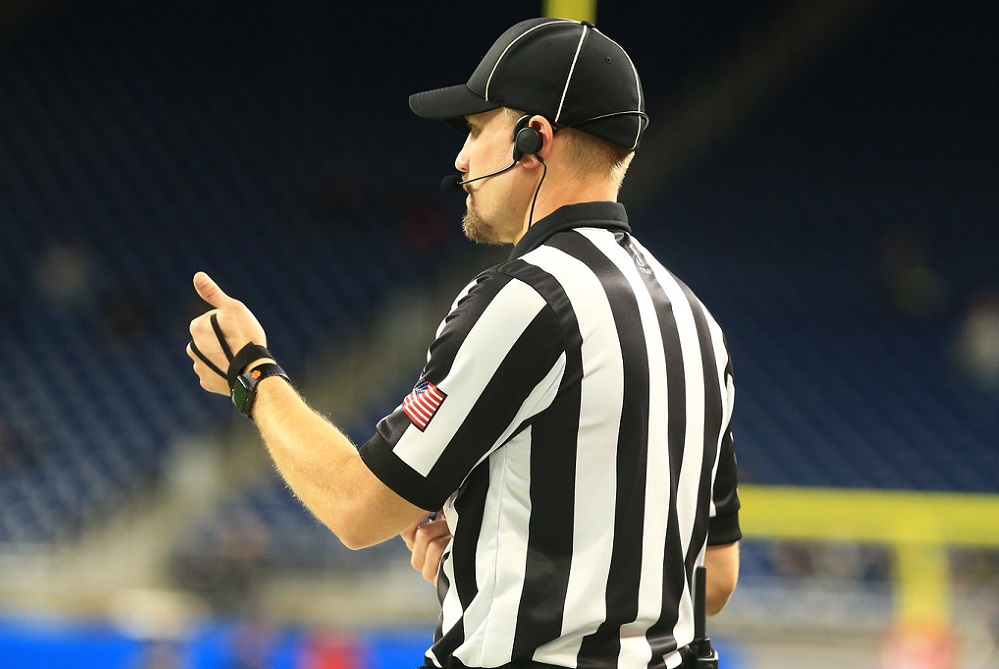
Be the Referee: Penalty Kick Change
October 6, 2016
This week, MHSAA assistant director Mark Uyl explains how soccer penalty kick rules have been changed this year to dissuade players from hesitating before taking the kick.
Be The Referee is a series of short messages designed to help educate people on the rules of different sports, to help them better understand the art of officiating, and to recruit officials.
Below is this week's segment – Soccer Penalty Kick Change - Listen
In the game of soccer, goals are tough to come by. That’s why in some of the most important games, we see those contests head into overtime and ultimately get decided by penalty kicks – or P-Ks.
The rules dealing with penalty kicks have changed for this year. In years past, whenever a player would hear the referee’s whistle and start to move toward the ball to make a penalty kick, any hesitation, delay or stutter-step would make that kick illegal. In past years, that player always got an opportunity to take a re-kick.
But this year, there is no opportunity for that player to take an additional re-kick.
Past editions
Sept. 29: Preparation for Officials - Listen
Sept 22: You Make the Call: Returning Kickoffs - Listen
Sept. 15: Concussions - Listen
Sept 8: Equipment Covering the Knees - Listen
Sept. 1: Play Clock Experiment - Listen
Aug. 25: Clipping in the Free Blocking Zone - Listen

Be the Referee: Football Overtime Penalty
By
Sam Davis
MHSAA Director of Officials
October 4, 2022
Be The Referee is a series of short messages designed to help educate people on the rules of different sports, to help them better understand the art of officiating, and to recruit officials.
Below is this week's segment – Football Overtime Penalty - Listen
What happens when the defense commits a penalty on an extra point try in overtime?
First, the set up. Team A starts with the ball 1st-and-Goal from the 10. On their very first play, they score a touchdown. The extra point is good – but the defense roughs the kicker. What are Team A’s options?
They can accept the penalty, move the ball closer to the goal line and maybe go for two.
Or, they can take the result of the kick and have the penalty enforced when Team B takes over — which means that instead of 1st-and-Goal from the 10 with a chance to tie the game and send it to a second overtime, Team B would have 1st-and-Goal from the 25.
This costly penalty will certainly have an impact on the next possession, where Team B will need a touchdown.
Previous Editions:
Sept. 27: Kickoff Goal - Listen
Sept. 20: Soccer Timing - Listen
Sept. 13: Volleyball Replays - Listen
Sept. 6: Switching Sides - Listen
Aug. 30: Play Clock - Listen
Aug. 23: Intentional Grounding Change - Listen

